
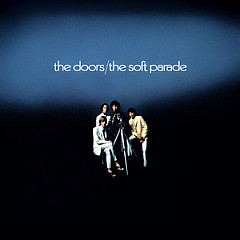
At the end of the Doors song "Touch Me," Jim Morrison chants, "Stronger than dirt!" The line is from an Ajax commercial where a white knight rides around destroying dirt.
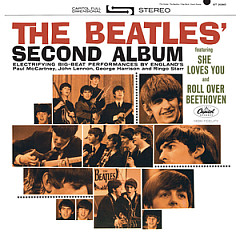
"She Loves You" by The Beatles was the song that convinced Ozzy Osbourne to make music his life. The Beatles were a big influence on him because they were also poor kids from a small town in England.
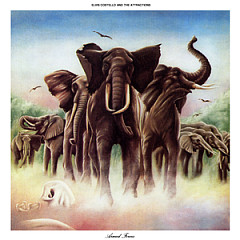
"(What's So Funny 'Bout) Peace, Love, and Understanding" was written by Nick Lowe in 1974. The original version with his group Brinsley Schwarz was kind of somber, but Elvis Costello made it a classic with his 1978 uptempo take.
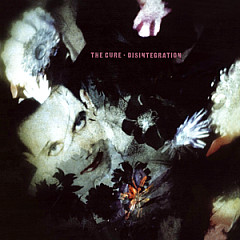
Cure lead singer Robert Smith originally wrote "Lovesong" as a wedding present for his fiancée, Mary, shortly before their marriage.
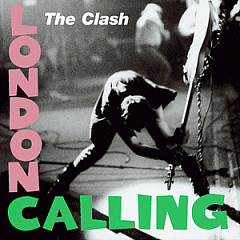
After a devastating car accident, the actor Montgomery Clift had to be filmed from "The Right Profile" to look good - that provided the name of The Clash song.
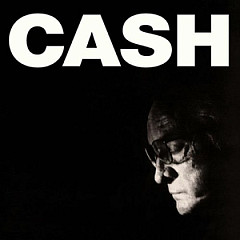
The idea for "The Man Comes Around" came to Johnny Cash from a dream he had where he was in Buckingham Palace and the Queen said to him, "Johnny Cash, you're just like a thorn tree in a whirlwind."

Johnny Depp, Angelina Jolie, Mila Kunis and John Malkovich are just a few of the film stars who have moonlighted in music videos.
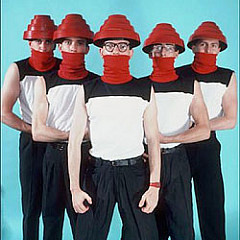
Devo founders Mark Mothersbaugh and Jerry Casale take us into their world of subversive performance art. They may be right about the De-Evoloution thing.
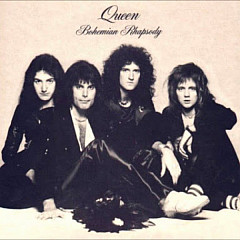
Some songs get a second life when they find a new audience through a movie, commercial, TV show, or even the Internet.

A scholarly analysis of yacht rock favorites ("Steal Away," "Baker Street"...) with a member of the leading YR cover band.
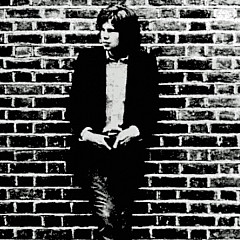
The head of Drake's estate shares his insights on the late folk singer's life and music.
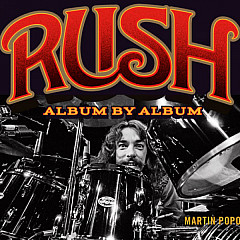
A talk with Martin Popoff about his latest book on Rush and how he assessed the thousands of albums he reviewed.